How can head and neck surgeons best meet the changing needs of patients and trainees in the 21st century?
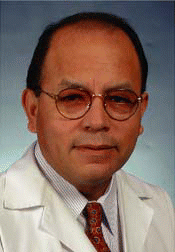

How can head and neck surgeons best meet the changing needs of patients and trainees in the 21st century?
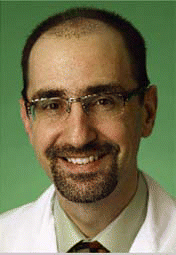
Perioperative steroids have a clinically significant impact on the technical aspects of surgery and improve objective surgical outcomes in the short and medium term, according to research and a new scoring system presented April 26 by Triological Society Mosher Award recipient Erin D. Wright, MD, FRCSC, at the Combined Otolaryngology Spring Meetings.

Since President Richard M. Nixon declared a war on cancer more than 30 years ago, the battle still rages on several fronts.
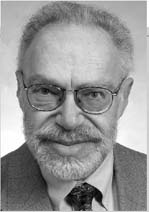
With the federal government shouldering 45% of health care costs through five huge entitlements (see ENToday, April 2007) and a large federal deficit, the chance of politicians enacting a new federal entitlement for universal health insurance coverage is as likely as their conducting a smear-free political campaign.
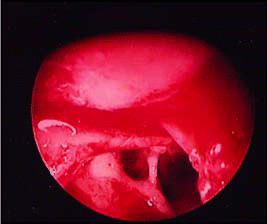
Endoscopic mastoid surgery is difficult to learn, performed in a tight space, and will probably never replace conventional open procedures.
I would like to commend Robert H. Miller, MD, on a well-balanced discussion in the February issue of ENToday concerning the pros and cons of pay for performance (P4P).

Frank Sinatra purportedly said of Rosemary Clooney that she was able to hit a note right in its center.
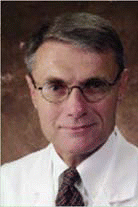
This is a short narrative of the experience of this otolaryngologist, who was deployed to Iraq to participate in Operation Iraqi Freedom.
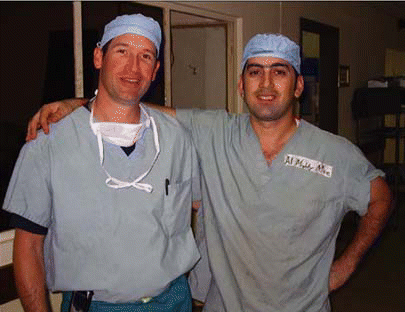
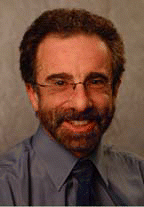
The gold standard for oral cancer diagnosis is visual examination followed by biopsy and histological analysis of suspicious lesions.